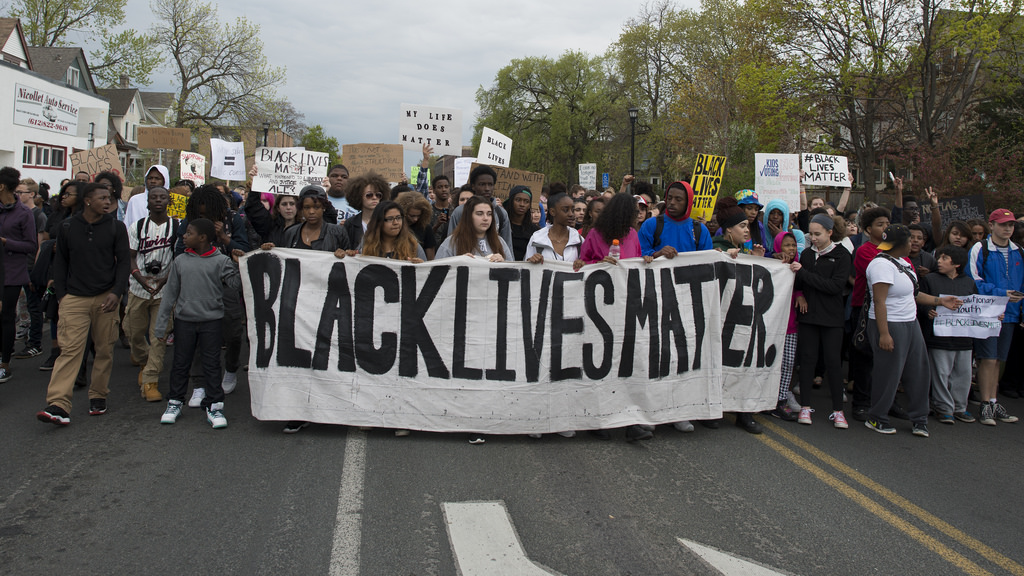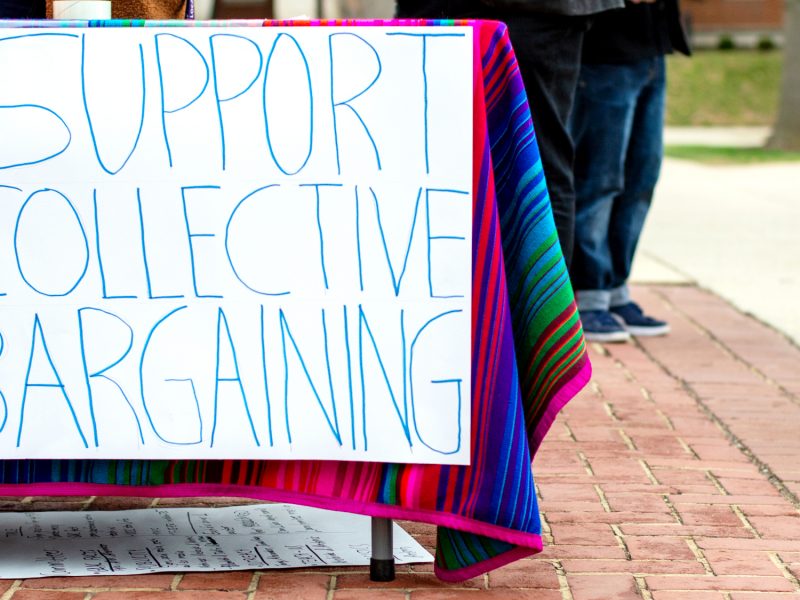When it comes to efforts to improve the quality of life for people of color, whom I’ll refer to as PoC, opinions and thoughts are often given by people who have not done the proper research or, frankly, who have not been asked for their views. Black people and other PoC face serious problems that often go unnoticed on a daily basis. We are constantly reminded that others will always find us inferior because of something that is completely out of our control. So, it’s quite absurd to hear non-PoC say that movements like Black Lives Matter brings race back into the spotlight, when, in reality, it hasn’t gone anywhere.
There is a lot of talk surrounding Black Lives Matter and how the movement is doing more harm than good for the black community. Those who support the effort have repeatedly discussed the fact that there are state-sanctioned laws in place that disenfranchise PoC and make it more difficult for us to have any kind of upward mobility. Then there are those who claim that such laws have not existed for a long time and that institutional racism is a figment of our imagination — yet in the same breath will say that a lot needs to be done to reduce racial tensions. PoC are telling the world plainly the root of some of the problems we face and are essentially being told we do not know what we’re talking about. Here, the problem is a blatant reluctance to listen or understand. People in places of privilege are not making the necessary attempts to hear what oppressed people know as their truth, thus increasing those racial tensions that we so desperately need to reduce.
Another aspect that plays into the dissonant understanding of race today is perspective. A lot of people commenting on Black Lives Matter and other racial issues today are speaking from a place of misunderstanding or ignorance. A person who does not exist within the spheres of blackness cannot, with authority, say what makes young black people fear police or others in power. There are so many different things a young black child may witness growing up that might influence their personal perspective on relations between the police and black people. Saying that a movement intended to improve quality of life for black people is a factor in creating even more difficulties for black people is baseless and supported by nothing more than an outsider’s look into being black in America. Black children fear the police because of the horrors they witness in their communities involving the police, not because the world is just getting around to seeing them.
One thing I’ve noticed whenever another instance of police brutality comes to the attention of the public is that there are a select few people who take the liberty of saying that black people have to make everything about race. What these people fail to see is that a lot of things are about race whether we choose to acknowledge them or not. From the moment we’re born, black people are labeled with the mark of blackness. Every step and action we take is viewed through the lens of race, though we never asked for it. It’s nearly impossible to remove race from the issues we face today because we have been beaten over the head with our blackness for as far back in history as we can recall. We did not ask to be brought here, and we did not ask to be subjected to systems that were built to disenfranchise us. We cannot escape being black or what has happened to black people in the past. We’ve been told repeatedly about how others view us because of our race, so wouldn’t it make sense to see the world through a racial lens?
A lot of people deny the existence of certain things if they don’t experience it themselves. Just because something doesn’t happen to you doesn’t mean it doesn’t happen at all. People who are comfortable with saying institutional racism doesn’t exist do so because they don’t have to live with its consequences every day. Institutional racism is very real, and denying it is akin to denying the privilege one has in not having to deal with being black in every moment of their life. The problem with institutional racism is that it deeply affects PoC every day, yet we’re told that our problems and our lives do not matter. One who denies the existence of institutional racism is as racist as the system built against us.
Hope Hynson is a sophomore psychology major and a member of UMD’s chapter of the NAACP. She can be reached at hopehynson@gmail.com.


